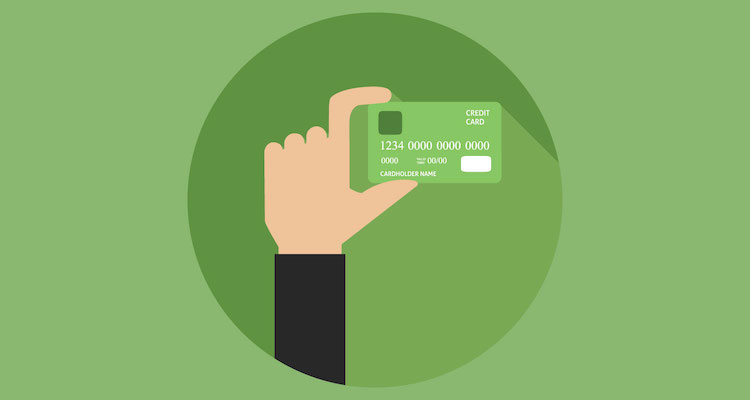For established businesses, your personal credit and business credit are typically separate. But when you’re just starting out as a startup founder, your personal credit often determines how much business credit you can get. This can pose a real problem if you had bad credit when you launched your business. In fact, it can be a barrier to starting a business altogether.
What can you do to put entrepreneurship within your reach when you have poor credit? There’s no simple path, but these 5 strategies can help set you on the path to success.
Table of Contents
ToggleKnow Your Numbers
You’re generally considered to have bad credit if you have a score of 560 or less. According to Lexington Law, at this level, most lenders will think twice about offering you a loan; if they do, they’re likely to charge you an extremely high-interest rate.
Rather than accepting a loan on these terms, then, you’re better off working to improve your credit score so that you’re considered a better candidate.
Have A Plan When Chasing Credit
If you have bad credit, it’s all the more important that you have a clear and convincing business plan. Almost anyone will lend to a potential business owner with excellent credit. For those with bad credit, a great business plan can help tip the balance between your application being rejected and scoring a loan.
Having a business budget is especially important when seeking a business loan and establishing credit for your startup. Though your credit history may indicate that you’ve made some mistakes along the way, a sound budget can counter that. It says that you’ve learned a lot from those mistakes. It also says that you plan to handle things differently with this business.
Seek Alternatives
While bad credit can prevent you from getting a traditional bank loan, that’s not the only funding option out there. And in fact, studies indicate that 75% of funding for new business owners comes from non-bank or credit sources. Whether that’s individual investors, friends and family, or grants, these funding sources are less likely to look at your credit score and can help you lay the groundwork for your business.
One of the fastest growing funding sources right now is peer-to-peer lending. Companies like the Nigeria-based MOLI (Multi-versatile Open Loan Interface) were designed to avoid the barriers created by high interest rates and help average people obtain funding quickly. There are peer-to-peer lending companies like this all over the world that can help support your startup dream.
Consider A Move
Startups know no borders. That means if you opt to swap your place of residence when starting your business, it can benefit your ability to get a loan.
A US credit score, for example, only really indicates your credit-worthiness among US lenders. Canada, for example, uses a similar credit scoring process to the United States but countries that are less popular with US expats, especially those with depressed economic situations, may be more borrower-friendly for Americans with poor credit.
Be The Best Borrower
Once you do secure credit for your startup, make sure to tend to it carefully. Make payments on time, keep your usage under control, and keep tabs on your credit report. You’ve made mistakes with your credit in the past. Now is your chance to get it right – for the sake of your business. This is important for chasing credit in the right direction.
Establishing business credit is often contingent upon your personal credit. But once you have a business history the two will separate. That doesn’t mean it’s time to relax, though. Pay attention to your credit on all fronts and get your finances right. Not only is starting a business your opportunity to pursue your passions, but it’s also a chance to get a fresh financial start.
















